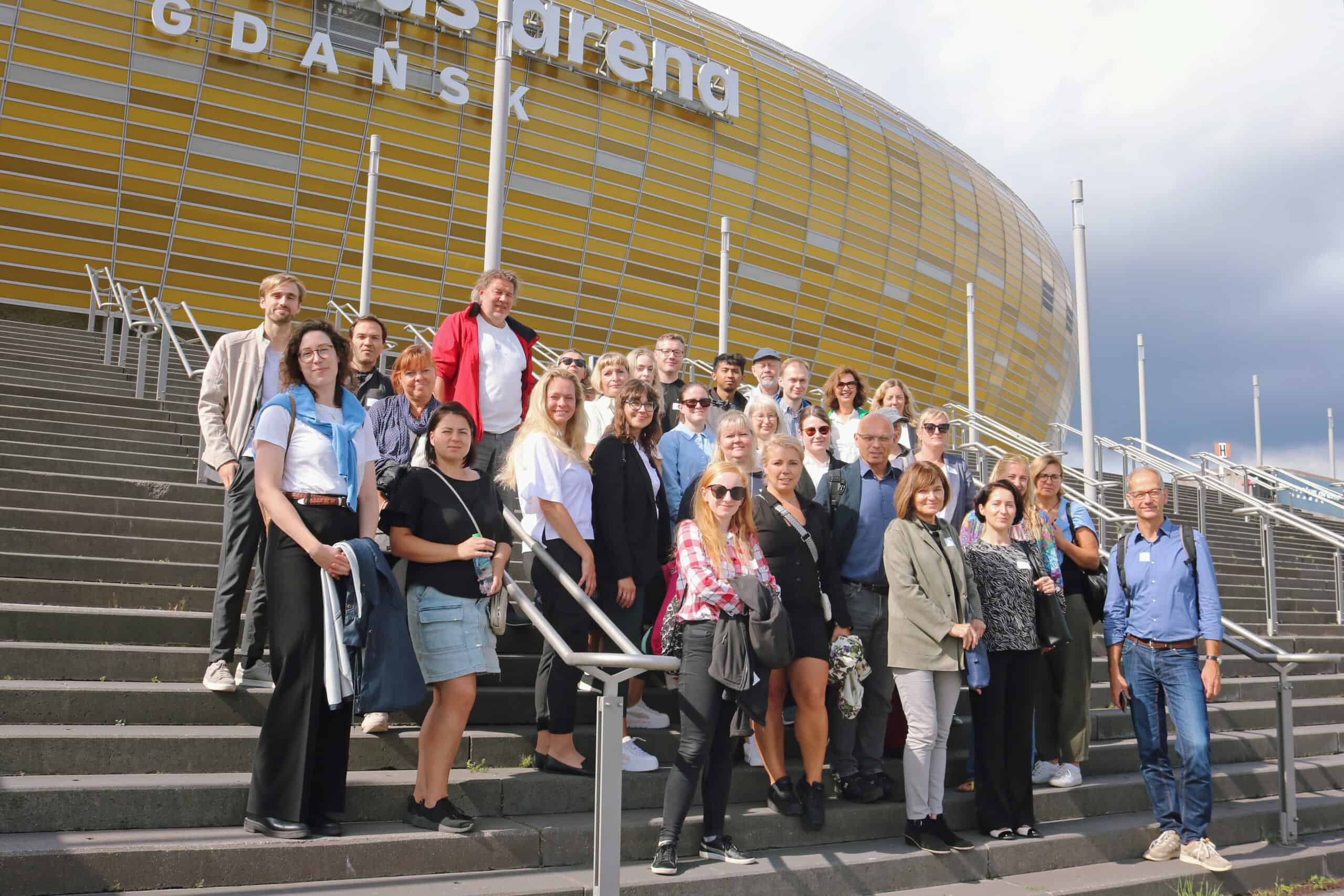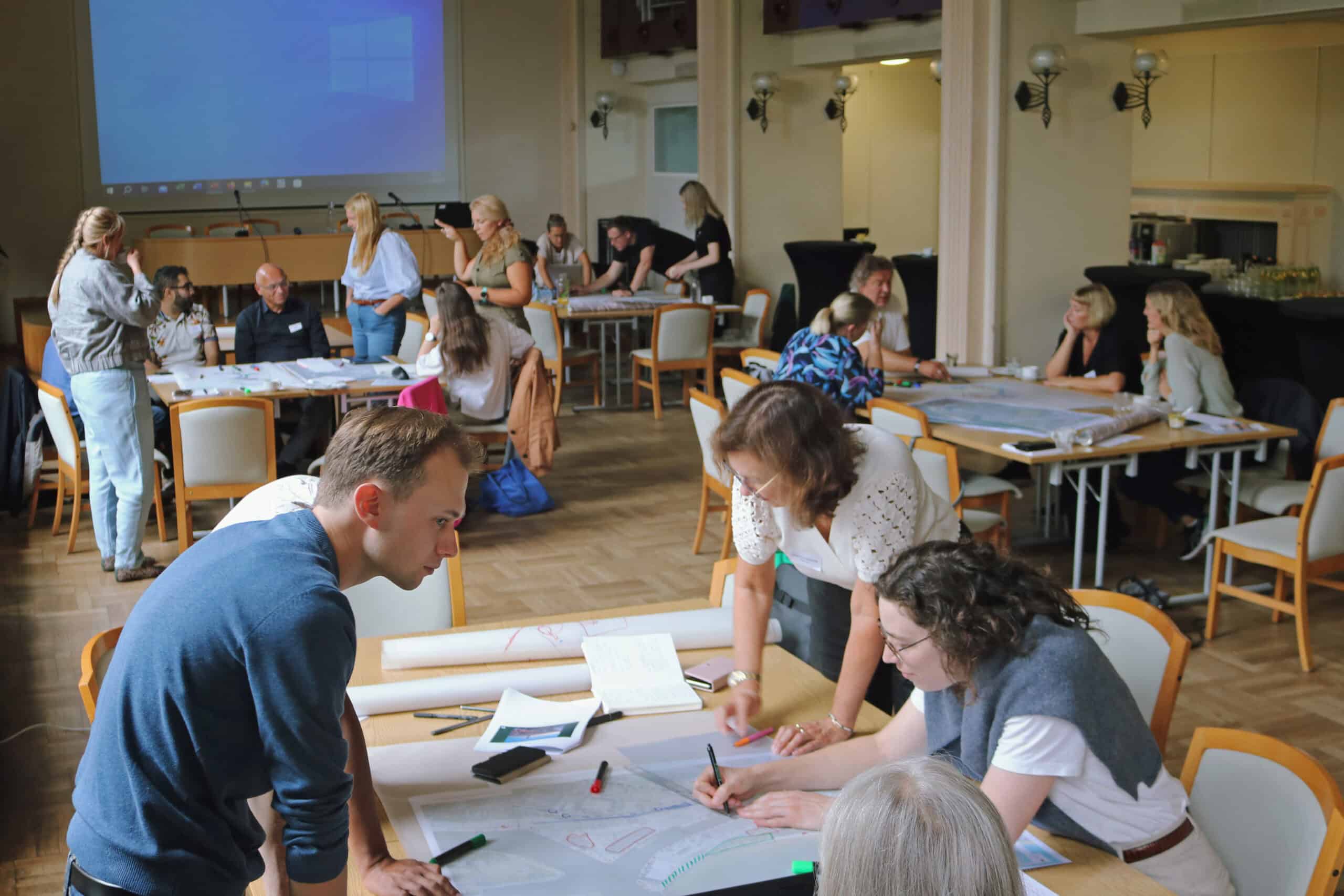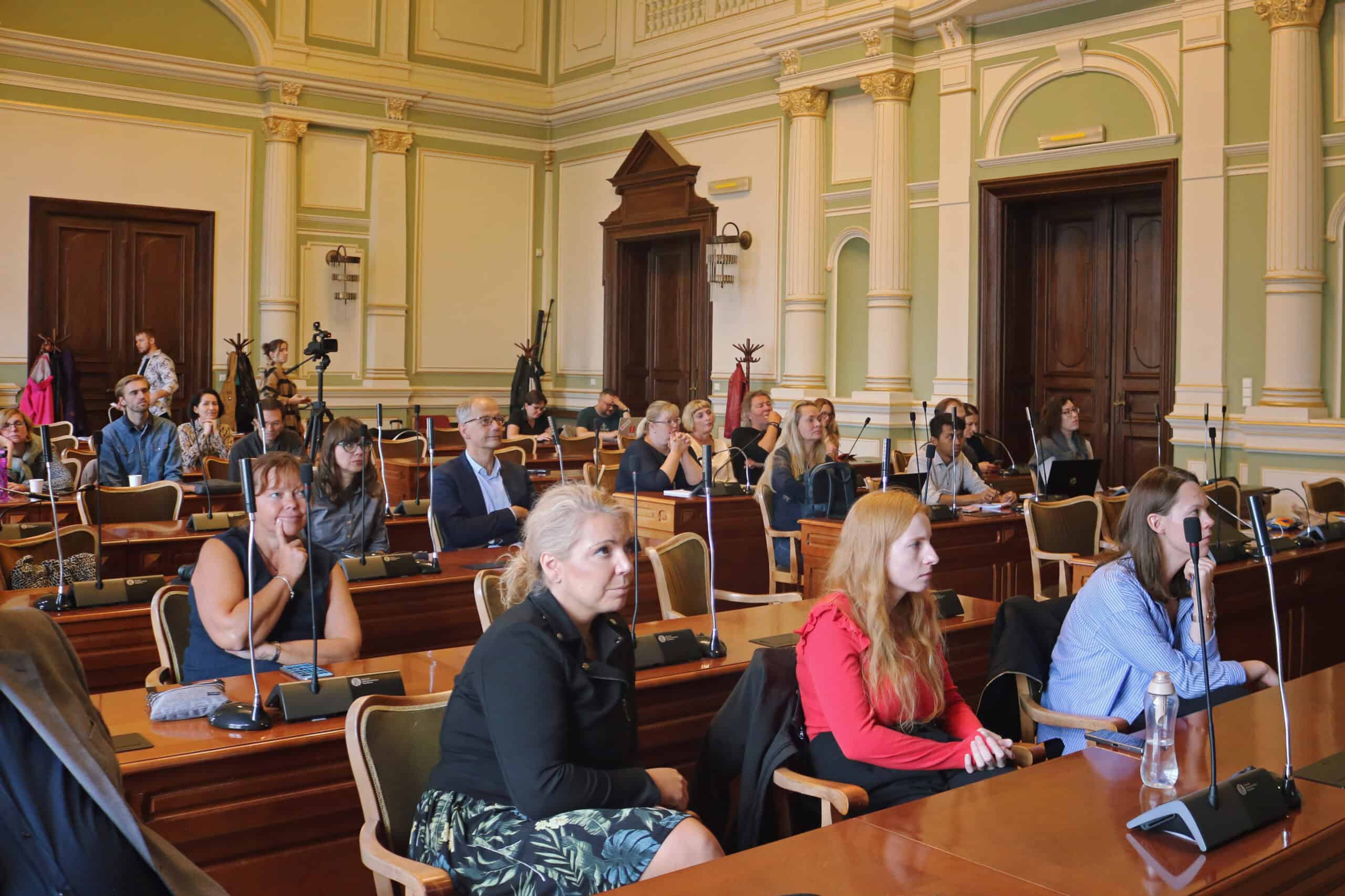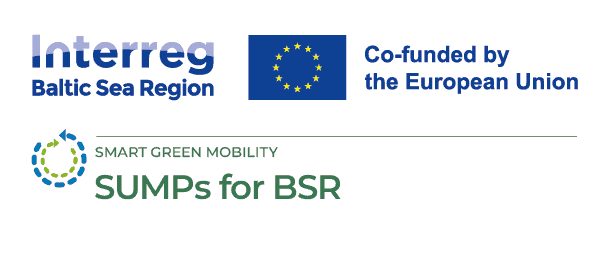
SUMPs for BSR Team Contributes to Gdansk’s Sustainable Urban Transformation
19 September 2024
The SUMPs for BSR project made an impact during the joint commission meeting of the Union of Baltic Cities Sustainable Cities Commission and Planning Cities Commission in Gdansk. The event gathered urban planners, sustainability experts, and key stakeholders from the cities around BSR to discuss strategies for future-proof and sustainable planning of the coastal areas of Gdansk. Following the highly successful joint commission meeting last year, where urban planners and sustainability experts had a great synergy working on redesigning coastal areas of the City of Turku, it was decided to organise a similar event this year in Gdansk. One of the focuses of the event was on sustainable urban mobility. Marcin Wołek, the representative of the University of Gdansk and an expert partner of the project, delivered an inspiring keynote titled “Developing Sustainable Urban Mobility Plans.”
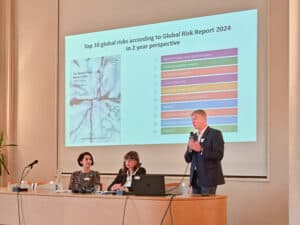
The presentation underscored that transport is one of the leading sources of emissions, both locally and globally, and that a shift is required in how cities approach mobility planning. The presentation introduced SUMPs as a tool for solving complex challenges and turning them into practical local solutions. The European Commission’s updated TEN-T regulation, which mandates SUMPs for urban nodes by 2027, adds urgency to adopting these plans across Europe. The presentation stressed that while SUMPs are often seen as documents, they should be viewed as a comprehensive planning philosophy that prioritizes people’s needs, sustainability, and quality of life over a traditional car-centred approach. The emphasis on active modes of transport—such as walking and cycling—was particularly highlighted, as these forms of mobility reduce emissions and contribute to healthier, more resilient cities.
In addition to the keynote, the SUMPs for BSR project team actively participated in workshops that shaped the planning for Gdansk’s ongoing transformation into a sustainable and resilient coastal city. The team’s contributions focused on advocating for people-centred design, promoting active mobility, and integrating sustainable urban mobility infrastructure into the early planning stages. An attention was given to the development of green and blue corridors, as well as bicycle and pedestrian-friendly infrastructure that promotes walking, cycling, and other forms of active mobility.
The team highlighted that sustainable urban mobility is essential for the long-term strategies and that early planning incorporating these elements can create livable and resilient cities. Examples of the contributions to the plans produced in the workshops included planning multimodal transport nodes, linking public transit with active mobility options, and ensuring that green spaces are embedded in the areas’ infrastructure.
Moreover, the collaborative atmosphere of the meeting provided a platform for exchanging ideas and best practices between different cities in the BSR. The SUMPS for BSR project has found an interest regarding how smaller and mid-sized cities can implement and monitor their SUMPs despite facing institutional and resource challenges.
The SUMPs for BSR project’s involvement in this event facilitated the future dissemination and transfer of the project results. It also ensured the advocation of sustainable urban mobility planning as a key in shaping the future of urban fabric in the Baltic Sea Region.






